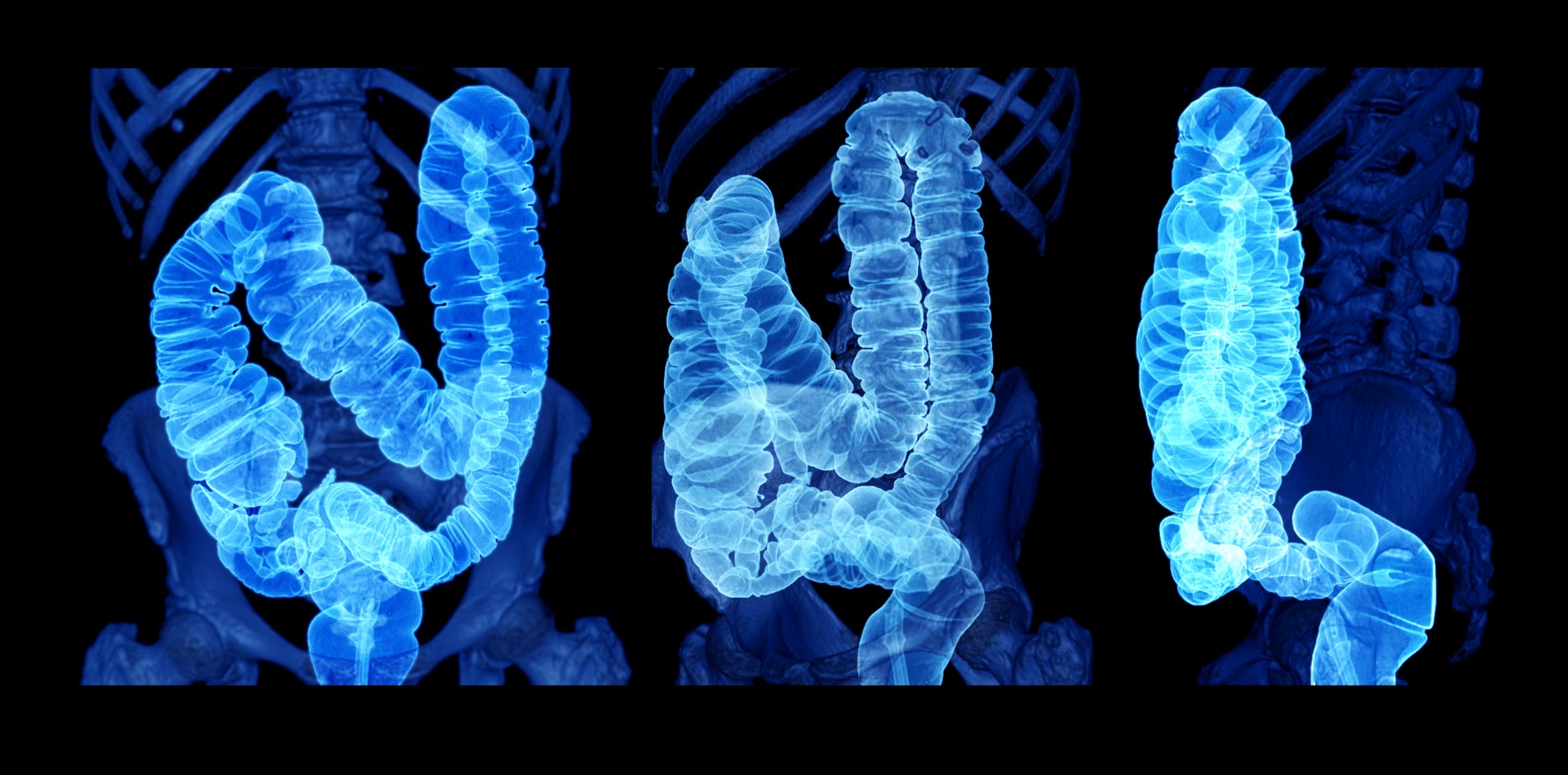H. pylori infection emphasised as a key risk factor, and screening should still be individualised rather than indiscriminate across high-risk populations.
The American College of Gastroenterology (ACG) has released their first clinical guidance for the screening, diagnosis and management of gastric premalignant conditions (GPMC).
The guideline highlights the need for eradication of Helicobacter pylori in all individuals with GPMC to reduce the risk of gastric cancer, as well as patients with resected early gastric cancer to reduce the risk of progression to metachronous gastric cancer. The ACG also strongly recommends performing non-serological testing for H. pylori infection in patients with autoimmune gastritis.
Endoscopic surveillance is recommended every three years for patients at high risk of GPMC progression (based on endoscopic, histologic and demographic factors), but can be performed more frequently if multiple risk factors are present.
The guideline states that early detection of GPMC and gastric cancer via endoscopic screening and surveillance of precancerous conditions has been clearly demonstrated in Asian countries as the optimal approach to reducing gastric cancer mortality, which is the fourth leading cause of cancer-related mortality globally and the leading infection-associated cancer.
Related
However, the document concluded that there was insufficient evidence to recommend population-based endoscopic screening for high-risk groups.
The ACG stressed that the use of high-quality endoscopy of the stomach, such as narrow band imaging and high-definition white light endoscopy, is advised for surveillance and diagnosis. This includes adequate mucosal visualisation with cleansing and insufflation, visual station mapping, and photo documentation of anatomical landmarks and irregularities.
Systematic biopsies following the Sydney protocol should be performed to assess the extent and severity of gastric intestinal metaplasia and atrophic gastritis.
“I broadly feel that we already practice most of the recommended strategies, although our access to endoscopic submucosal dissection in South Australia may not be as easy as other states,” said Dr Jeevinesh Naidu, head of endoscopy at the Queen Elizabeth Hospital.





